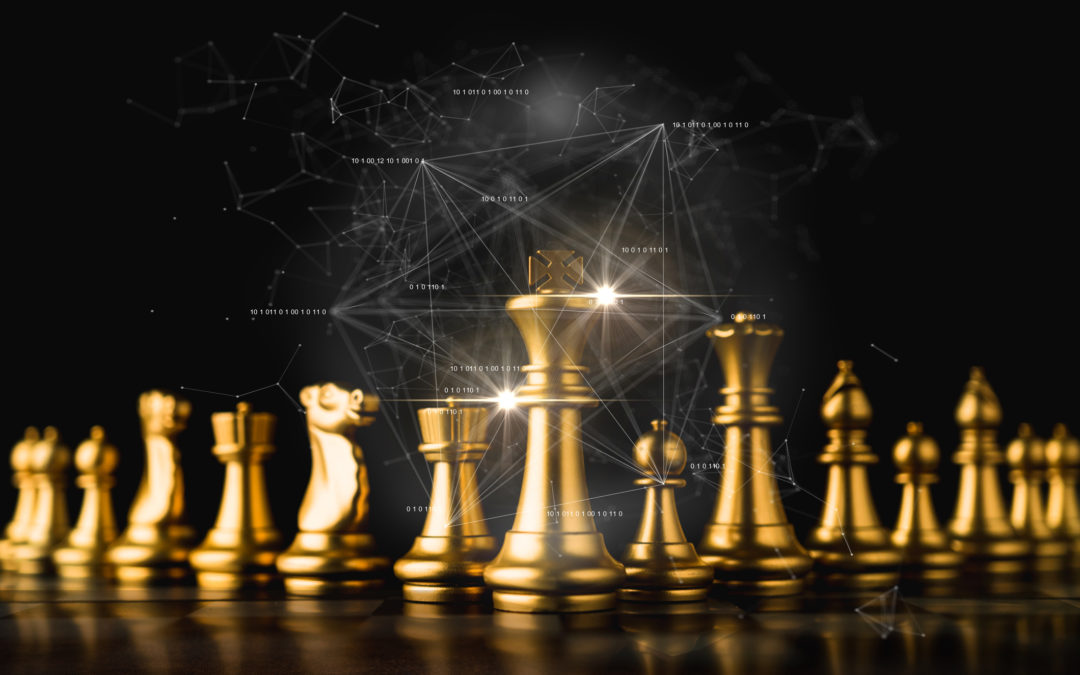9/11
The elite political class in the United States responded to the attacks on 9/11/2001 by spending more of other people’s money, expanding the regulatory powers of the permanent government—including creating entirely new regulatory agencies—and curtailing the freedoms of U.S. citizens.
Life in the United States has never been the same since.
Many of those government restrictions on U.S. citizens remain in place today, nearly two decades later, while the permanent government—the unelected bureaucracy—is larger, more powerful, and more entrenched than ever.
Governments at all levels in the United States continue to spend other people’s money at historically unprecedented levels.
The Great Recession
The elite political class in the United States responded to the Great Recession of 2007-08, a recession that was created by the elite political class, by spending more of other people’s money, expanding the regulatory powers of the permanent government—including creating entirely new regulatory agencies—and curtailing the freedoms of U.S. citizens.
Many of those government restrictions on U.S. citizens remain in place today, over a decade later, while the permanent government—the unelected bureaucracy—is larger, more powerful, and more entrenched than ever.
Governments at all levels in the United States continue to spend other people’s money at historically unprecedented levels.
You see a pattern, right?
Coronavirus
Fast forward to 2020.
The elite political class in the United States responded to a virus born in or near a Chinese level-4 virology lab, which then spread to the U.S., by spending yet more of other people’s money and curtailing the freedoms of U.S. citizens even more.
This time, the elite political class went even farther. They shut down businesses and criminalized nearly all productive activities, all excused by predictions and mathematical models that were nowhere close to accurate. With a few strokes of a few pens, governors transformed their states into police states, aided by widespread panic and citizens giddy to become snitches.
At the same time, Congress and the President went on a spending spree unlike anything ever witnessed in all of American history, including enormous amounts of money sent to crony allies of those in government.
These facts point to serious questions that those interested in American grand strategy must ask:
• How many more attacks or crises are required to snuff out what little remains of liberty in the United States?
• What kinds of attacks or crises would it take for the elite political class in the United States to announce that the world is simply too dangerous to allow Americans to keep their own money, or to use their own property as they please, or to exercise any freedom at all?
• What kinds of attacks or crises would justify total government in the United States, the suspension of the Constitution, and the prohibition against anything resembling a realm of individual privacy?
• From whom and where might we expect those attacks or crises to come?
• How do we protect ourselves and the American way of life—a free way of life—from those threats? And how do we prevent our constitutional government of limited powers from becoming total government?
You, as freedom-loving, peaceful citizens may not enjoy asking these kinds of grand strategic questions, or trying to answer them. I get it. They are unpleasant thoughts to think. Yet, we should not be naïve. Enemies of the United States are thinking about these questions right now. If we expect to keep what freedom we still have, we too must think about these questions.
We know from recent history that our enemies have focused on one central goal for decades: Transforming the United States from a free regime into the opposite. And it would be foolish to think they have not been watching what happens with every new crisis in “the land of the free and the home of the brave.”
Dr. Thomas L. Krannawitter is President of Speakeasy Ideas.

